Bonn Climate Talks (SB62) Key Outcomes and the Road to COP30
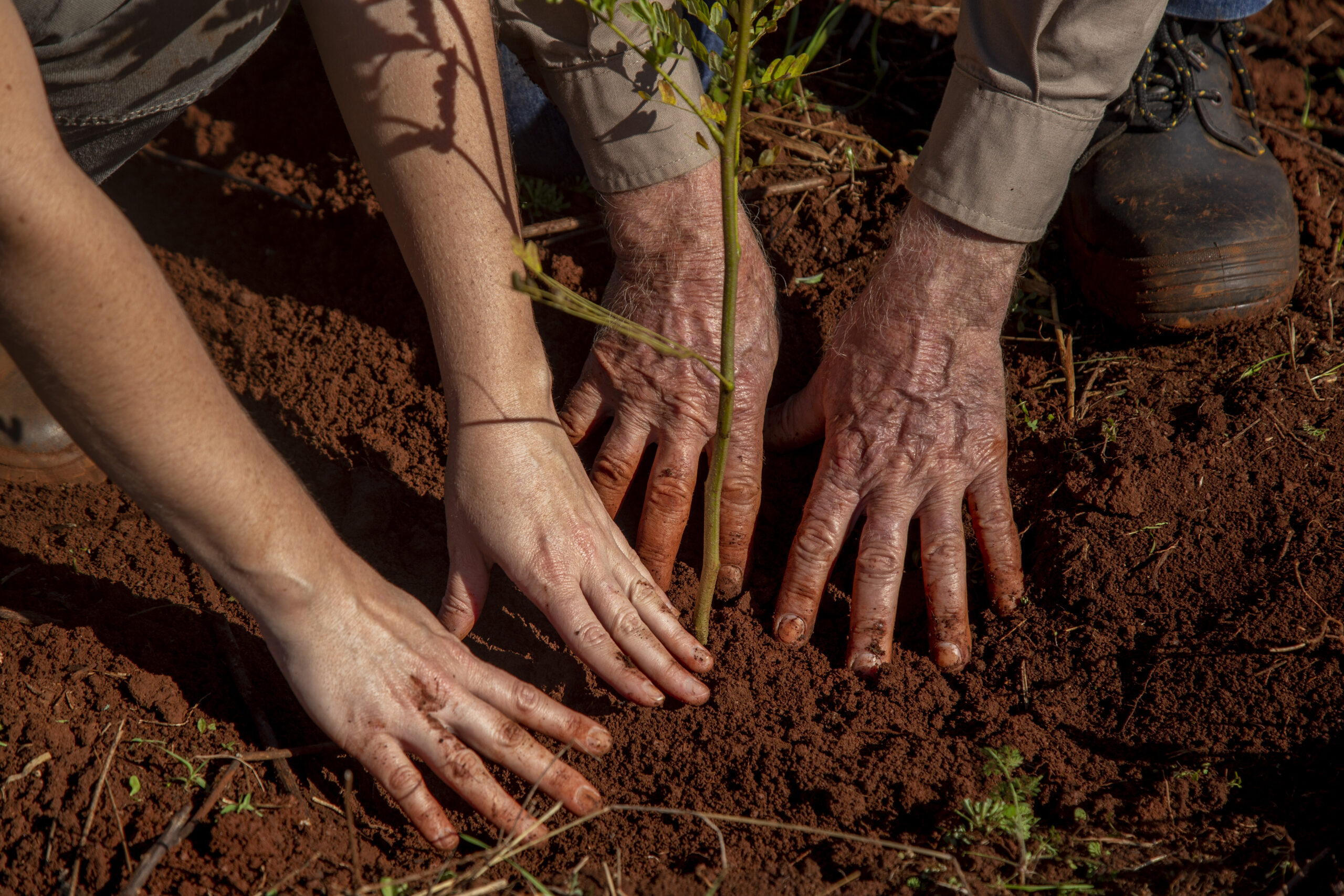

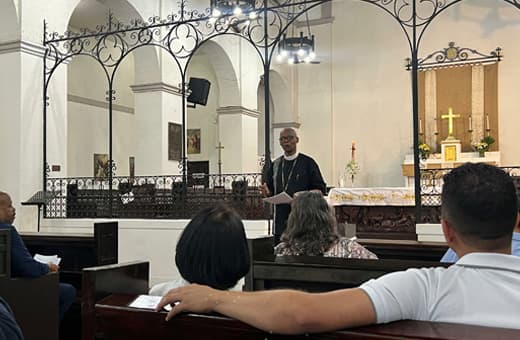
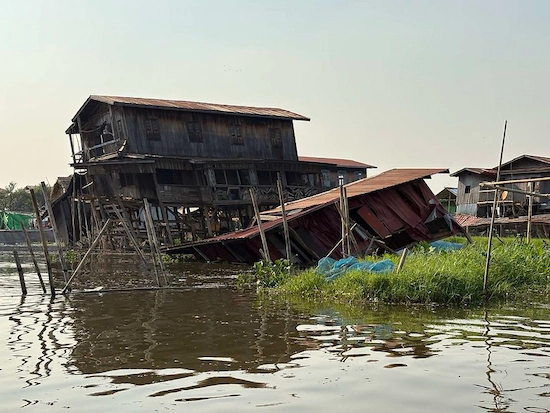
This article was originally published on Devex
By Illari Aragon, Julius Mbatia
Later this year, countries are due to submit their plans to limit global warming. Far from being a technical exercise linked to the Paris Agreement on climate change, these plans represent an opportunity to ensure global development achievements are not lost.
As the climate crisis intensifies, the need for urgent, coordinated action has never been clearer. Vulnerable communities worldwide are already experiencing the consequences of inaction. Prolonged droughts, devastating floods, and extreme heat waves across Africa are stark reminders of what’s at stake.
With a midyear U.N. climate meeting taking place next week in Bonn, Germany, and attention building toward the COP30 climate summit in Brazil later this year, countries face a critical deadline: By September, they must submit their new nationally determined contributions, known as NDCs. These are national climate commitments outlining how countries will cut emissions, adapt to climate change, and transition away from fossil fuels. Commitments are expected to set new emission reduction targets extending through to 2035, shaping the world’s climate response for the coming decade.
The ambition and credibility of the upcoming NDCs will determine whether the world can still limit global warming to 1.5 degrees Celsius — the most ambitious Paris Agreement target.
Aligning NDCs with the 1.5°C goal is essential. Surpassing it risks catastrophic impacts on ecosystems and communities, potentially undoing decades of development progress. In Kenya, some estimates suggest climate-related impacts result in annual gross domestic product, or GDP, losses of up to 5%. Kenya, like many other countries, depends on economic sectors that are affected by climate.
To safeguard the future, the next round of NDCs must go beyond rhetoric and include concrete policies, ambitious emission reduction targets, and robust adaptation strategies. This is not just an obligation under the Paris Agreement — it’s a responsibility to all: humanity and the Earth.
Our organizations, Christian Aid and the ACT Alliance, faith groups committed to supporting marginalized communities in the global south, are working with partners to ensure that this new round of national climate commitments lead to real progress.
Critically, we are advocating for these to be developed inclusively. NDCs are so much more than technical plans; when done well, NDCs become strategic road maps for sustainable development, aligning climate action with economic, social, and environmental priorities.
Here are three key reasons why the development community must engage with NDCs.
Despite the worsening impacts of climate change, current climate commitments put the world on track for 2.4°C to 2.6°C of warming by the end of the century, well above the 1.5°C limit laid out in the Paris Agreement.
This gap matters. Limiting warming to 1.5°C is not just a scientific target; it’s a lifeline for millions. Without stronger action, we risk a future marked by more intense heat waves, crop failures undermining food security, increasingly frequent and destructive storms and wildfires. These climate impacts are already happening and those bearing the brunt of these consequences are often the countries that have contributed the least to the problem.
This next round of climate commitments is a critical opportunity to course-correct. To limit global warming to 1.5°C, global emissions need to be reduced by 43% by 2030 and 60% by 2035. Meeting this challenge requires concrete action such as rapidly scaling up renewable energy, phasing out coal and other fossil fuels, investing in sustainable transport, protecting forests and natural carbon sinks, improving energy efficiency in buildings and industry among other measures. Such efforts require political will, fair cooperation, and sustained public pressure.
While all countries have a role to play, responsibilities are not equal. The world’s top 20 economies account for over 80% of emissions. These nations must lead by rapidly cutting emissions and increasing financial and technological support to vulnerable nations.
At the same time, low-income nations have a critical role to play. They must demonstrate that slashing emissions in their own contexts can also drive stronger development outcomes. From expanding access to clean and affordable energy and creating green jobs, to strengthening food systems and building resilience to climate shocks — climate efforts must show that a just, low-carbon future is both possible and desirable.
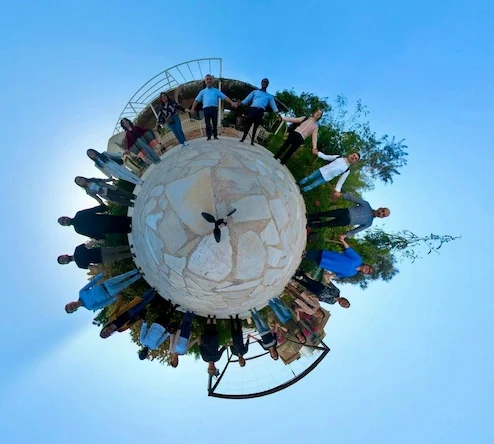
The ACT Alliance Middle East and North Africa (MENA) Region convened a successful three-day workshop on climate justice, biodiversity conservation, and creation care from 28 to 30 April 2025 in Amman. Co-organised by the ACT MENA Climate Justice Community of Practice (CJ CoP) and the MENA Faith-Based Actors for Climate Justice (FBC) Group, the workshop brought together twenty faith-based organisations and churches from across the region and beyond, united in their commitment to advancing environmental and climate justice.
The workshop served as a platform for participants to share regional climate and environmental initiatives, exchange best practices, and engage with expert insights. It also helped identify concrete opportunities for collaboration, strengthened coordination among faith-based actors, and reaffirmed the shared vision and structure of the CJ CoP and FBC Group.
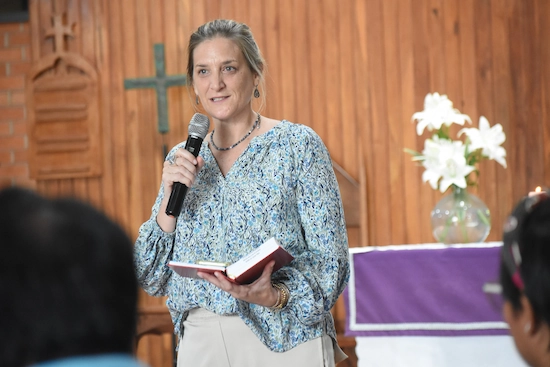
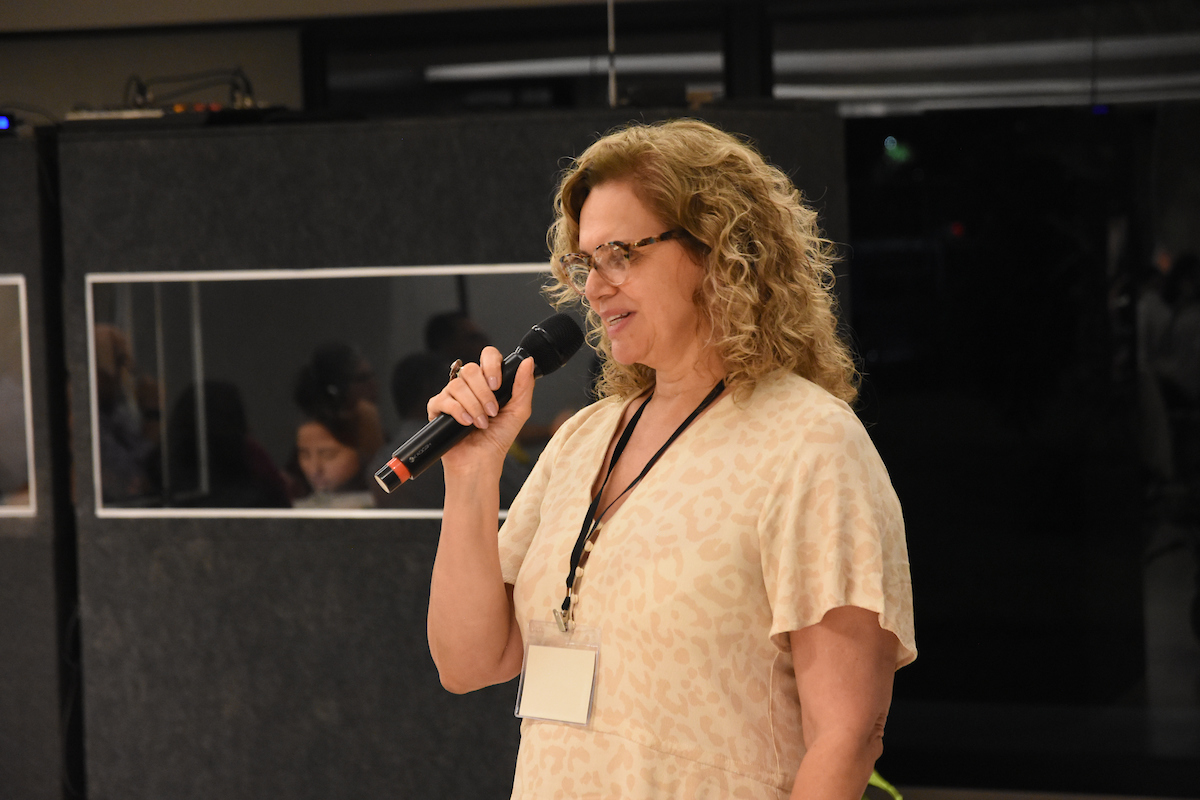

By Collins Shava
On the 30th of November 2024, my paternal grandfather Sekuru Shava, “VaChibvoora,” gave up life on earth to embark on a journey to the ancestors. He was approximately 92 recorded years old. If you had seen him walking, you would think he had a 25 year-old engine in his body. He was physically and mentally sharp. He could walk for more than 20km in a day, and he would remember a promise you made to him three years ago. We laid him to rest on the 3rd of December 2024. May his soul rest in peace. I will forever miss him.
I write this blog as a tribute to his life. It is the stories he told me that triggered my interest to further understand climate change issues from a community perspective. He had vivid memories of life 50 to 60 years ago. He told me that about 70 years ago the place we call our rural homestead was a huge wetland that would sometimes flood. They resettled there during the years of the war in the 1970s when the place started drying up. There are traces of a small river that passes just outside the homestead, but now it only flows when there are good rains.
With the drying up of the area and increase in temperatures, rain is now a scarce resource. They are less each year. This puts the 200,000 people who live in the Mberengwa district at risk, as most depend on rain-fed agriculture. Another drought year will be devastating. When I was there, I saw a community on the brink of experiencing some of the worst effects of climate change, and they are not ready.
Do they know?
As we completed the rituals of burying my grandfather, the village head (Sabhuku) opened up a platform during the funeral gathering for announcements. This was an opportunity for whoever wanted to send a message to everyone as the mourners came from different parts of the villages. One elderly man stood up and in an angry voice shouted “tinoda kuita musangano wemasabhuku ese pamutamba nemugovera. Tinoda kutaura Nyaya yekusanaya kwemvura, chirikuita kuti mvura isanaya, hunhubu hwe vanhu.” (“We want to have a meeting with all villages heads at the Mutamba Tree this coming Saturday. We need to discuss the issues of the rains, because we think it’s the mischief of our people that is causing the rains not to come.”) His message was not well received by the community. The village head who was the master of ceremonies ignored him.
Although no one seemed to pay attention, I was sitting close to him and the other nearby elders. They were whispering in support of his call and they felt outnumbered. It crossed my mind that the effects of climate change may not only have an impact on people’s livelihoods but will influence social and community cohesion, as people have different beliefs about what is happening. A group of elders believe it is because young people of today are so mischievous that the gods are angry with the community. It is their belief, as they can attest and refer to the past. Whether it was by coincidence or it in fact happened that rains did not occur when people were mischievous in the past remains a mystery that needs to be told.
According to science and the Intergovernmental Panel on Climate Change reports, the future holds hotter and dryer conditions across Southern Africa, Zimbabwe included. Dr Elisha Moyo and his colleagues did a study a few years ago on future climate simulations over Zvishavane, Zimbabwe, about 50 kilometres from Murongwe, Mberengwa, our reference point in this blog. The study indicates a hotter and dryer climate over the coming years.
A conversation that could divide communities
I am intrigued by community elders’ understanding of what is happening. It is unfair to suggest that their voices represent what the whole community believes in. But the fact that some believe that others are causing the absence of rain shows there is a conversation that threatens to further divide communities over issues that the community has no control over. I also imagine that during drought, people are trying to defend themselves and preserve whatever is available to them and their families. Selfishness already exists, and it will be further cemented with beliefs of such a nature.
The collective goal of the UNFCCC programme Action for Climate Empowerment (ACE) is to empower all members of society to engage in climate action through six elements. These include climate change education and public awareness, and public access to information. While I appreciate the work done by the national government, there is a need to accelerate further climate change education, particularly in rural communities and hard to reach areas. The idea is not only to teach but to integrate existing knowledge and align it with current issues informed by science.
Elders custodians of indigenous knowledge
There is value that rural communities and elders can bring to the table. They are the custodians of our country’s indigenous knowledge. We can tap into this in addressing climate change issues. Inside the bag of indigenous knowledge lie solutions and ideas for community adaptation strategies that are unique and conform to the needs of the community. There is a need to integrate such knowledge into the country’s national adaptation plans, aligned to the dictates of science.
In the spirit of leaving no one behind, responsible authorities, development partners, and climate finance holders need to focus on building the adaptive capacity of communities that are already feeling the effects of climate change. At the same time, climate education is needed to reach every person. This will go a long way in debunking some of the myths and mysteries, while aligning people’s knowledge to the current science. In this way, we can build whole communities that collectively identify a problem, solve it and define ways to adapt to the current climate crises together.


